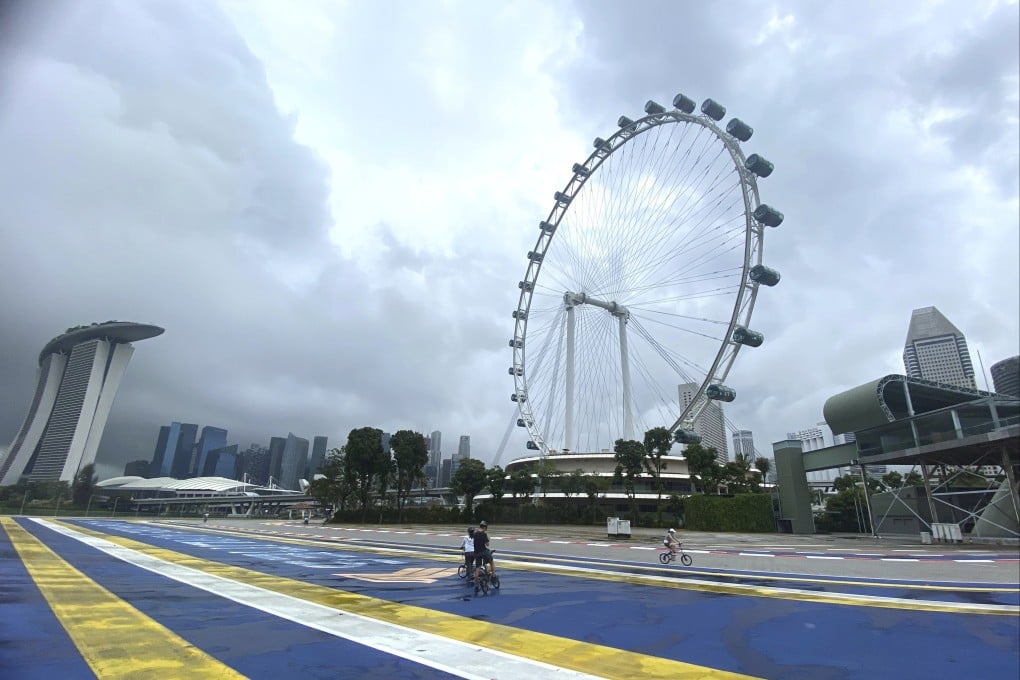Advertisement
Asian Angle | In chasing zero Covid-19 infections, Hong Kong, Singapore, Australia and others have become trapped by their own success
- As more transmissible variants emerge, places with very low infection levels must consider ever more stringent controls to maintain the status quo
- A reluctance to accept the virus will become endemic and populations that see no urgency in getting vaccinated mean the early victors may be the last to reopen
Reading Time:4 minutes
Why you can trust SCMP
24

In places that have been successful in suppressing Covid-19, such as mainland China, Taiwan, Hong Kong, Australia, New Zealand and Singapore, there seems to be a reluctance to accept that the disease will become endemic.
The coronavirus variants that are emerging are more transmissible, so to achieve zero or close to zero infections in these places, health authorities say virus control measures must be more stringent than before.
This is neither wise nor tenable for much longer.
Advertisement
With highly effective vaccines available, health authorities in these places should be focused on rolling out mass vaccination quickly so as to achieve a degree of herd immunity. This would allow them to return to normality even if the virus continues to circulate at low levels, without overwhelming the health-care system.
The irony is that due to their successful suppression of Covid-19, these places are now finding it hard to roll out vaccinations quickly. With the threat of Covid-19 having mostly receded, their populations see less incentive to get jabbed.
Advertisement
There are a variety of reasons why these governments also often find it hard to accept that the virus will , eventually, circulate in their populations.
Advertisement
Select Voice
Choose your listening speed
Get through articles 2x faster
1.25x
250 WPM
Slow
Average
Fast
1.25x
